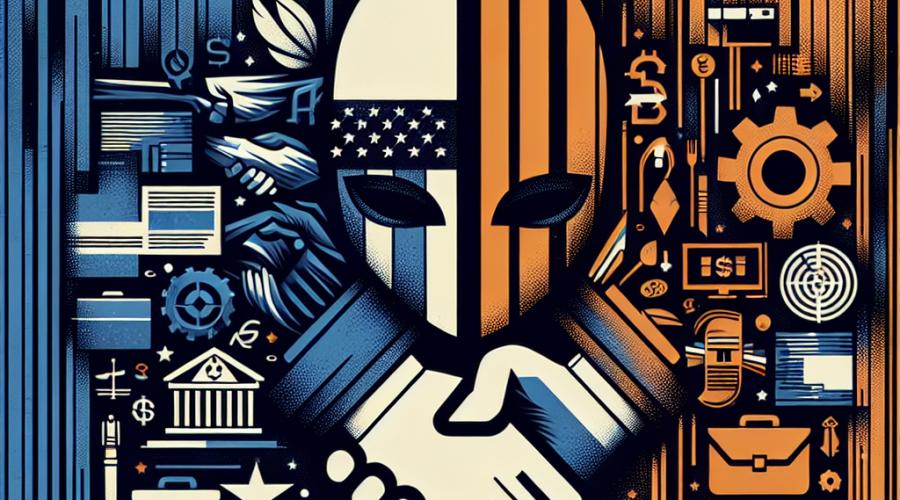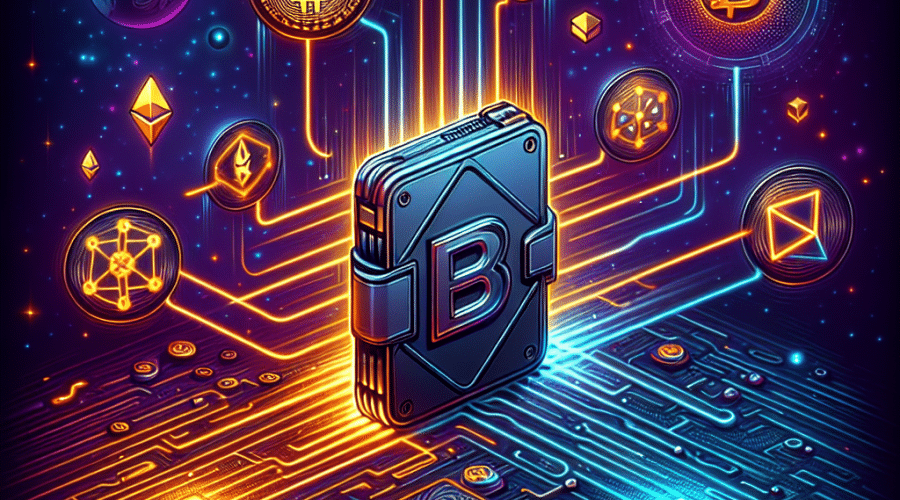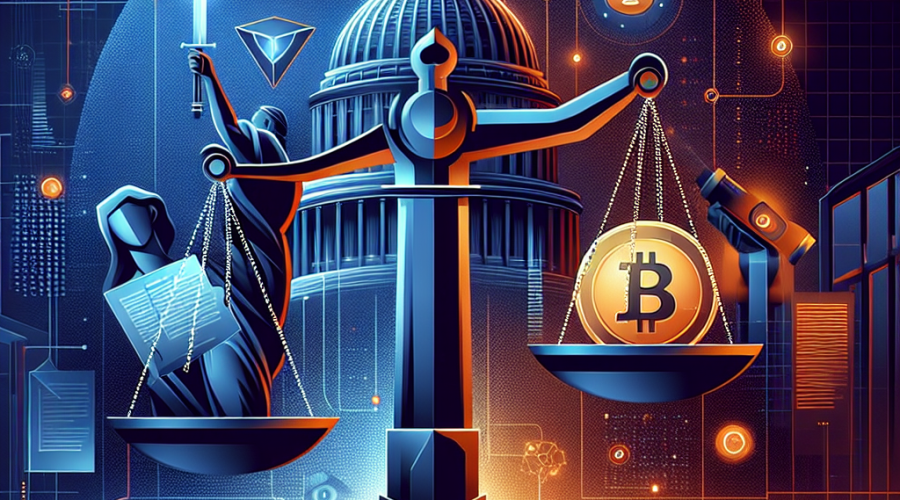Vibe Fest, a leading music festival drawing widespread attention from music aficionados around the globe, is gearing up for its highly anticipated 2024 event. Set to take place at a yet-undisclosed location, the festival is promising a diverse roster of top-tier global acts. Fans and industry insiders alike are speculating about what’s in store this year, with the excitement reaching a fever pitch as organizers keep many details tightly under wraps. However, one thing is becoming increasingly clear: Vibe Fest is distinguishing itself through its complete detachment from the rapidly emerging trends of cryptocurrency and blockchain within the festival circuit.
The Rise of Music Festivals in the Digital Age
Over the last decade, music festivals have grown to become more than just gatherings for live performances. They’ve become global cultural phenomena, embracing new technologies, engaging audiences across continents, and even experimenting with innovative business models involving digital assets like cryptocurrencies and non-fungible tokens (NFTs). Many events have begun integrating cashless transactions, NFT-based tickets, and blockchain-powered community engagement tools to enhance the fan experience. In parallel, the rise of virtual events during the COVID-19 pandemic accelerated the adoption of such tools, merging the worlds of music, technology, and decentralized finance in unprecedented ways.
Despite these trends, Vibe Fest has adopted a markedly traditional approach. Unlike its tech-savvy peers, there is no evidence to suggest the event is pursuing any crypto-related initiatives. Its organizers, official channels, and promotional materials make no mention of blockchain involvement, leaving digital asset enthusiasts to look elsewhere for innovation in this space.
No Evidence of Crypto Involvement at Vibe Fest
Amid numerous inquiries from fans, industry observers, and media outlets, Vibe Fest’s stance remains clear: the festival has no visible connection to cryptocurrency markets, blockchain initiatives, or digital tokens. Extensive reviews of official statements, social media updates, and the event’s website yield no reference to crypto sponsorships, NFT tie-ins, or any blockchain integrations. Leadership and organizational details are kept minimal, with the focus squarely on curating an unforgettable music experience rather than technological experimentation.
This lack of crypto or blockchain discourse is itself noteworthy in an era when major music events, from Coachella to Tomorrowland, have dipped their toes in the waters of digital assets. For Vibe Fest, the decision to forgo any form of technological partnership in this area reaffirms its commitment to purist musical celebration and in-person community engagement. The absence of tokenized experiences, NFT collectibles, or crypto-powered perks signals a return to basics: live music, direct fan interaction, and the energy of a communal festival environment.
Community Focus: Music and Togetherness Take Center Stage
The organizers’ official communication emphasizes Vibe Fest’s mission as centered around music and community. This approach resonates with a substantial segment of the global audience who seek the vibrancy and resonance of a physical event, unmediated by new technologies or experimental platforms. While digital innovation has brought many benefits—such as audience expansion and exclusive digital content—there exists a counter-movement favoring authenticity and simplicity. For many festival-goers, nothing can replace the one-of-a-kind experience of witnessing electrifying performances among fellow music lovers, feeling the pulse of live sound, and sharing in moments of artistic spontaneity.
Official sources have deliberately steered clear of commentary on crypto, effectively underscoring this ethos. For Vibe Fest, success is measured not in the number of NFTs minted or wallets onboarded, but in shared memories and cultural impact. The message is clear: by focusing solely on music, Vibe Fest stands apart in a rapidly changing festival industry.
Industry Analysis: Contrasts with Tech-Focused Music Festivals
One of the most striking aspects of Vibe Fest is how its approach diverges from many other leading music events that have become early adopters of blockchain technologies. For instance, some festivals have pioneered the use of NFTs as digital souvenirs, implemented crypto payment options for tickets and merchandise, and even launched their own digital tokens to incentivize fan participation. These initiatives are seen as a way to drive new revenue streams, deepen fan engagement, and create immersive digital communities around the festival brand.
Vibe Fest, however, is charting a deliberately different course. By not integrating any form of cryptocurrency or blockchain technology, the festival appears to be positioning itself outside of the tech-hype cycle. Industry experts suggest this could be a strategic decision, targeting an audience that values the traditional festival experience over the digitized, token-driven models becoming popular elsewhere. The move may also reflect a desire to maintain operational simplicity, sidestep regulatory uncertainties in the digital asset space, and avoid the learning curve often required for onboarding non-technical audiences.
Compared to high-profile events that champion technological advancement, Vibe Fest’s conventional stance feels almost iconoclastic. Its resistance to crypto trends places it in a unique position that could attract purists—both fans and artists—who’re eager to focus on artistry, live performance, and community celebration above all else.
No Impact on Financial, Regulatory, or Technological Landscapes
With no blockchain or crypto component, Vibe Fest remains isolated from the financial speculation, regulatory scrutiny, and rapidly shifting technological landscape associated with digital assets. This isolation has significant implications. The absence of token sales, digital collectibles, or blockchain-enabled transactions means there’s no impact on cryptocurrency markets, no risk of token volatility affecting ticket prices, and no additional cybersecurity risks tied to digital wallets or smart contracts.
Moreover, by steering clear of crypto, Vibe Fest avoids the regulatory ambiguity that still surrounds blockchain-based fundraising and event management in many jurisdictions. There’s no need for complex legal vetting, and no involvement in debates over digital asset taxation or consumer protection. The festival’s financial operations remain straightforward and transparent—rooted in conventional systems that audiences immediately understand.
This choice, while perhaps less “buzzworthy” than launching the next NFT series, offers stability and predictability for both attendees and organizers. It serves as a reminder that technology, while transformative, is not an end in itself—and that for some cultural institutions, embracing simplicity is a viable path to success.
Expert Opinions: A Deliberate Market Positioning
Industry experts and festival analysts have weighed in on Vibe Fest’s decision to sidestep digital assets, viewing it as a deliberate market positioning exercise. By sticking to tried-and-tested models of ticketing, marketing, and artist engagement, Vibe Fest differentiates itself in a crowded marketplace obsessed with constant innovation. Observers from industry publications note that in shunning blockchain, Vibe Fest isn’t simply falling behind—it may be playing to its strengths and the core values of its brand.
Referencing some of the world’s largest festivals that have eagerly embraced crypto and blockchain, analysts stress that the market remains segmented. While a certain demographic is eager to experiment with digital collectibles and pay with cryptocurrency, a much larger swath of the public may either be indifferent or even deterred by these trends. For these audiences, Vibe Fest’s approach offers clarity and comfort.
Vibe Fest’s focus may also be appealing to sponsors, artists, and vendors unsettled by the unpredictability of integrating with digital asset platforms. By creating an environment where all stakeholders know what to expect and don’t need to navigate the complexities of a new technology layer, Vibe Fest ensures smooth logistics and a low barrier to entry.
Lessons from Crypto-Friendly Festivals
Much can be learned from contrasting Vibe Fest with other industry leaders who have innovated in the blockchain space. A prominent example is Ultra Music Festival, which has experimented with NFTs and allowed participants to make purchases using cryptocurrency. These events have seen both successes and setbacks—ranging from expanded digital fan bases to challenges with technical adoption and user education.
Despite these efforts elsewhere, Vibe Fest is holding steadfast to its established formula, potentially hedging against the risk of alienating less tech-oriented fans. This approach provides clear market differentiation, reinforcing the festival’s brand as a bastion of pure musical enthusiasm, stripped of digital complexity and financial speculation.
For some, the integration of blockchain has delivered new possibilities for fan interaction, artist royalties, and event monetization. For others, the added complexity and risk have proven to be stumbling blocks. Vibe Fest’s classic approach thus positions it as a touchstone for those who prioritize dependable, technology-free experiences.
Looking Ahead: The Future of Vibe Fest
As Vibe Fest prepares to announce its lineup and location for 2024, the anticipation continues to build. If the festival’s organizers maintain their current trajectory, attendees can expect an immersive experience centered on stellar performances, vibrant crowds, and the unadulterated thrill of live music. The absence of crypto and blockchain integration is likely to attract a diverse range of festival-goers—especially those who yearn for connection, artistry, and authentic cultural moments.
Whether Vibe Fest’s traditional approach will remain successful—or provoke a reassessment as digital trends continue to evolve—remains to be seen. For now, the festival stands as a testament to the enduring power of music and community, offering fans a sanctuary from technological flux and a place to celebrate the simple joy of togetherness.
As the music world watches Vibe Fest’s next move, its focus on human connection and artistic expression may prove to be an invaluable anchor in an industry quickly swept up by change.


















